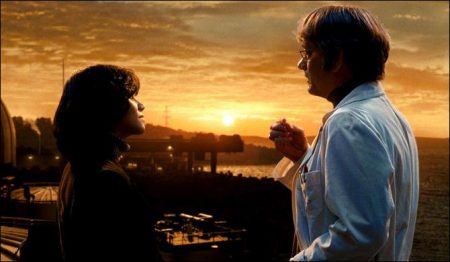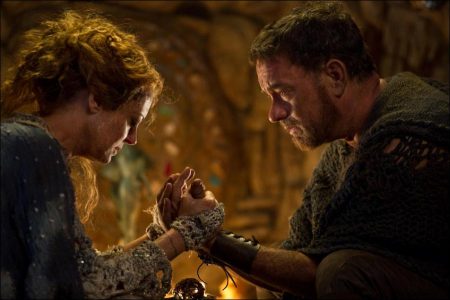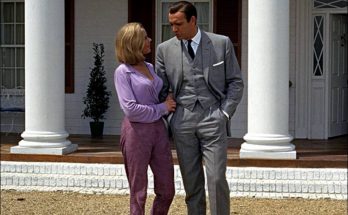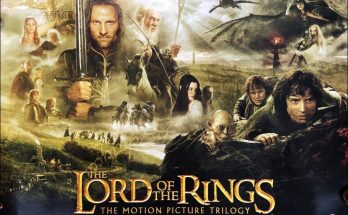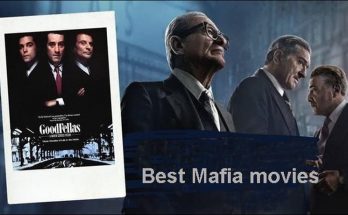“That’s it. The music from my dream.” – Vyvyan Ayrs, 1936
Cloud Atlas: What the Film is Aboutb Tom Tykwer is among a select group of filmmakers who compose music for their own movies. And, unlike the way films are generally scored, after they are shot and edited, it’s a process he likes to begin well in advance of filming. Collaborating with Johnny Klimek and Reinhold Heil, with whom he has scored nearly all his films, Tykwer had the music for “Cloud Atlas” written and recorded two months prior to principal photography.
“He prefers this to using temporary music by other composers,” Heil explains. “It allows him to use the temp score without worrying about what will take its place. As the film takes shape in post-production, we see what’s missing or needs changing and re-record the final.” “In this way,” Tykwer adds, “the music becomes an atmospheric note or sublevel not only for the film, but as inspiration to the cast, making the score a part of the experience.”
“The first thing they did at the table read was play the music for the actors and show us renderings, so we would know the adventure we were going on,” says Hanks. “It was all part of a fully realized vision that was presented to us from the get-go.”
The composers welcomed their widening circle. Says Klimek, “It was great to get input from Lana and Andy, who are not musicians but have a sense for using music dramatically. They stirred our process in the best possible way.”
The music is first the focus of the Frobisher narrative, as the young composer struggles to complete his life’s work, The Cloud Atlas Sextet, but beyond that, says Klimek, “It’s an ever-present melody, from a simple string line to a riff in a 1970s rock piece, to a jazz sextet playing in the background at the Cavendish party. We needed something beautiful and malleable enough to take us through five centuries.”
“Lifetimes later, someone who hears it might sense its familiarity,” Tykwer adds, acknowledging how the score becomes, itself, a part of the larger reincarnation motif. “The sextet belongs to the period in which it was conceived, the 1930s, in what would be Frobisher’s modernistic style, but also recurs everywhere and matches so many scenes, becoming the central theme for the entire film.”
The Cloud Atlas Sextet echoes the composition of the story itself, with all its distinct pieces, moods and themes rhythmically merging into a whole. Embracing that metaphor, Tykwer says, “There are lots of subjective voices in the story, and we were searching for one voice that could encompass them all, to form a beautiful choir.”
Citing a sentiment expressed by the character Adam Ewing, whose adventure opens the saga in 1849, Andy Wachowski says, “One of the last lines of the film is Adam Ewing saying ‘What is an ocean, but a multitude of drops.’ And when you think of all the people who were involved, all the favors we called in, all the individuals who contributed to this collective, that’s really the story of the making of this film.”
“There’s an idea I’ve always liked, that the real nature of immortality is our words and actions that go on apportioning themselves throughout all of time,” says Lana Wachowski. “It’s such an intriguing concept and part of what got us to thinking about making this movie. It’s what we were hoping to capture.”
Related Link: View the Full Production Notes for Cloud Atlas
Visits: 50
